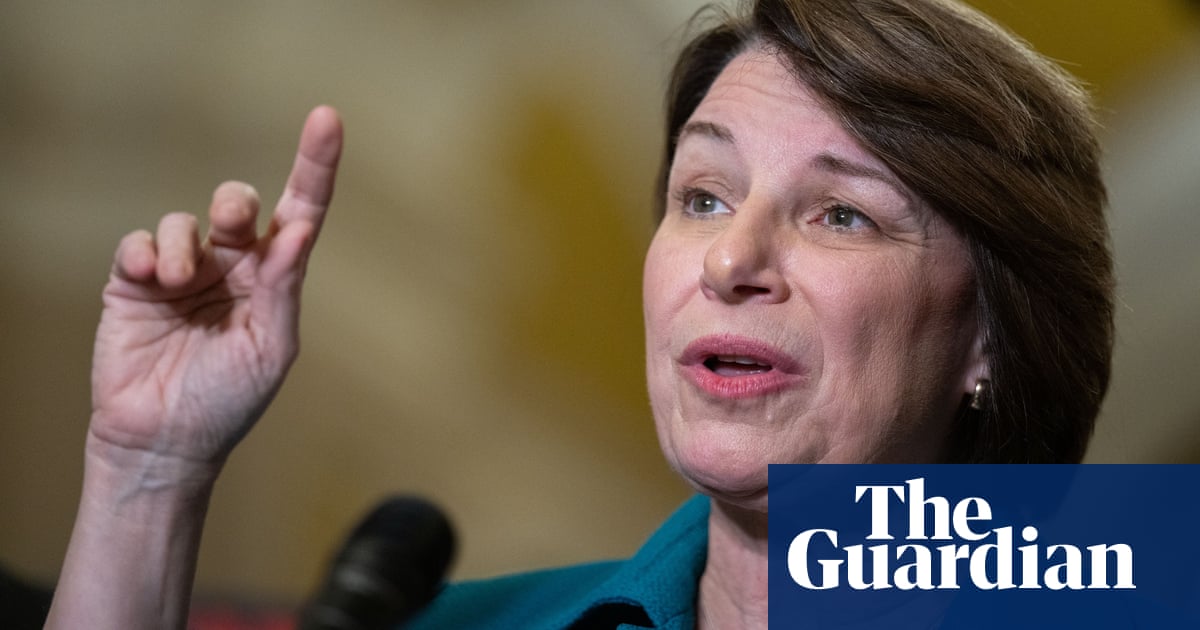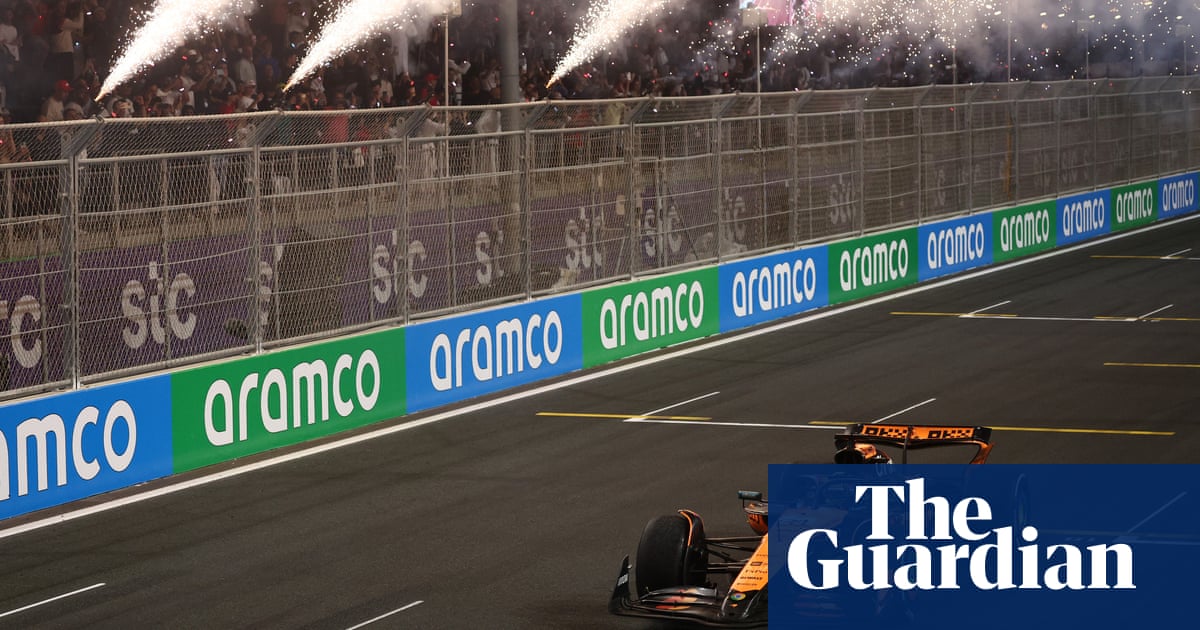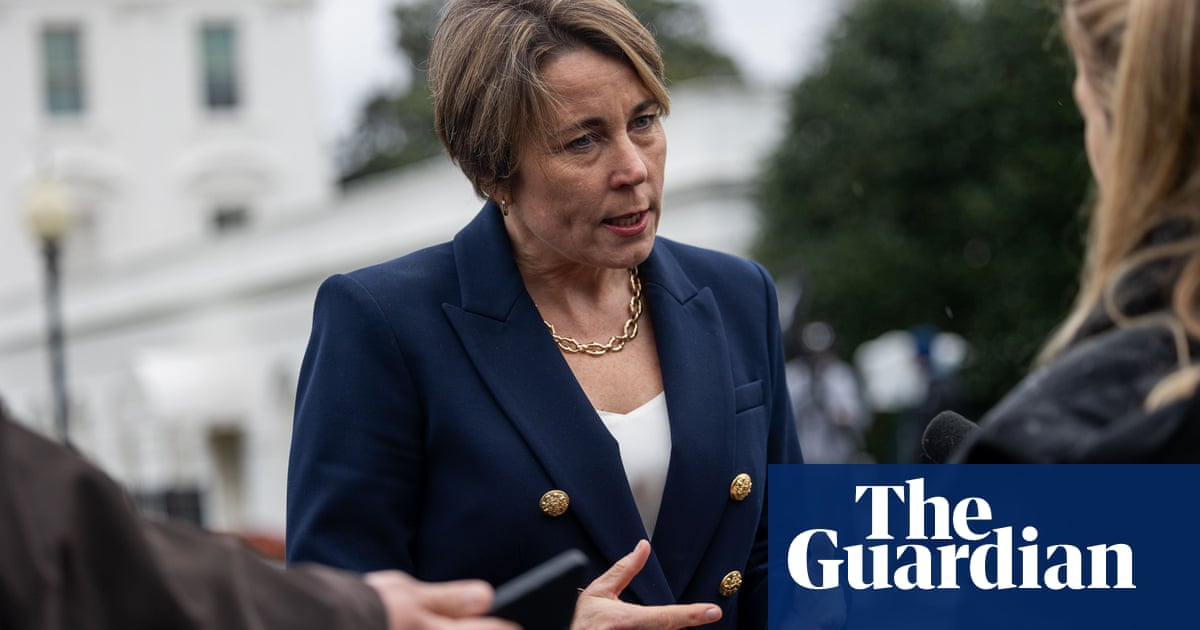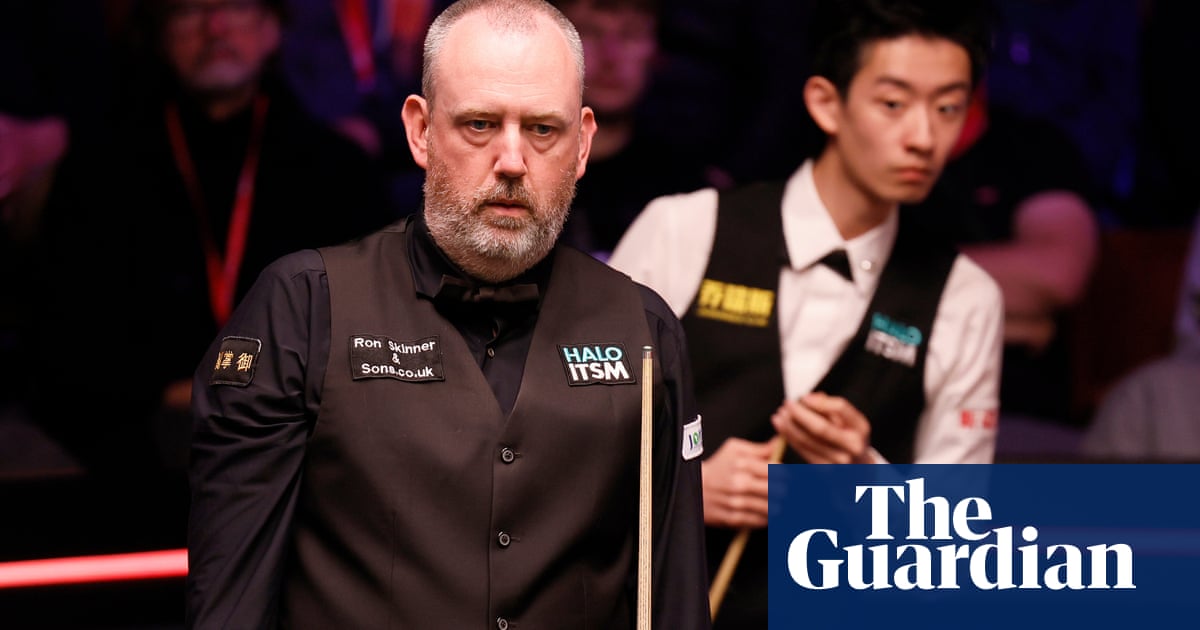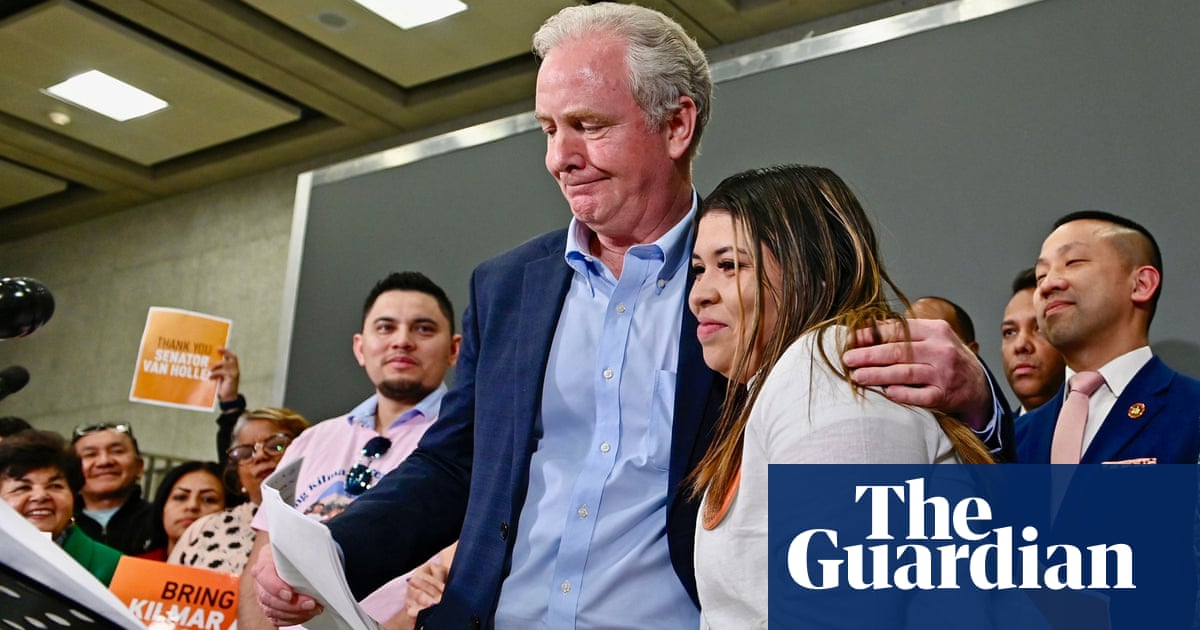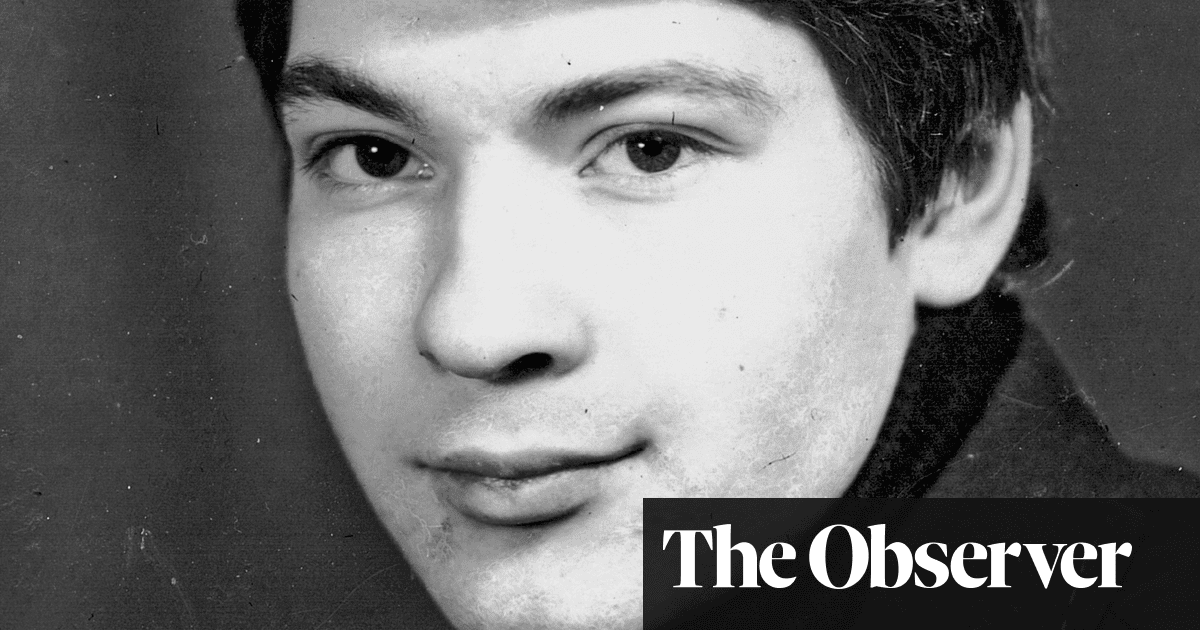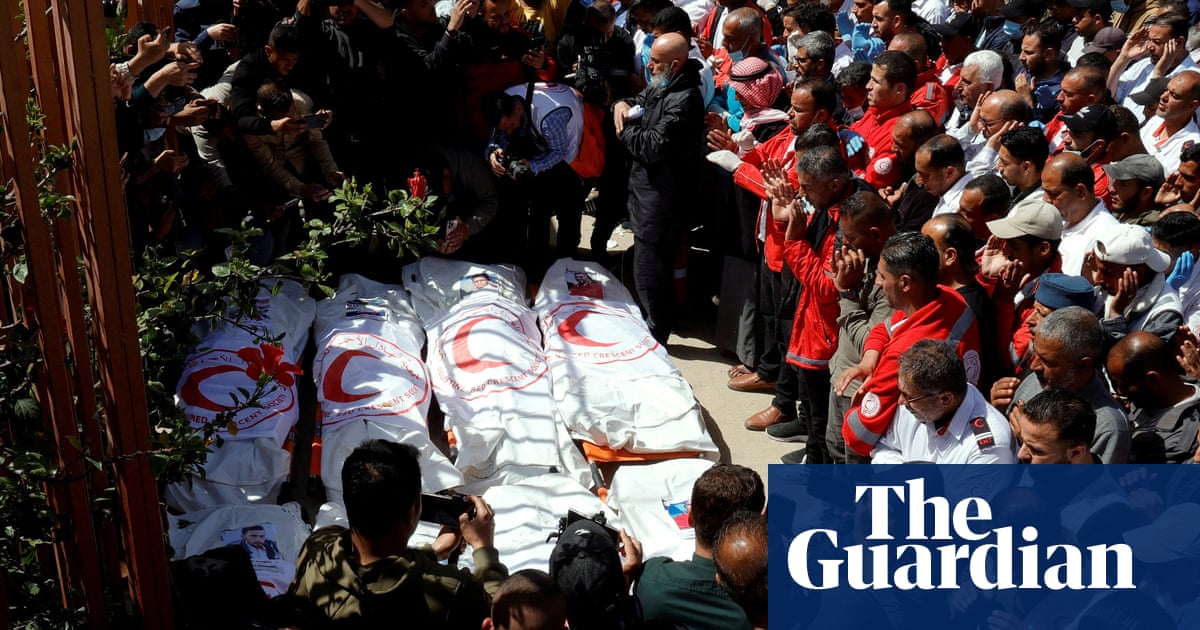The veteran anti-apartheid campaigner Peter Hain has called on Cricket South Africa to challenge the ban on women’s and girl’s cricket in Afghanistan. In a letter seen by the Guardian, Lord Hain urges the Cricket South Africa’s chief executive, Pholetsi Moseki, to take up the issue with the International Cricket Council before South Africa’s Champions Trophy match against Afghanistan in Karachi on 21 February.
In a particularly striking passage, Hain draws a direct parallel of apartheid with the Taliban’s oppression of women’s rights in Afghanistan. “Having struggled long and hard for black and brown cricketers to represent their country like whites did exclusively for nearly a century, I hope that post-apartheid South African cricket will press for similar rights for all women in world cricket,” Hain tells Moseki. “Will South African cricket please raise the plight of Afghan women cricketers in the ICC and express firm solidarity with Afghan women and girls who wish to play?”
Hain, who rose to prominence by challenging the South African rugby and cricket tours during the early 70s, reminds Moseki that female participation in sport has been outlawed since the Taliban’s return to power in 2021.
“Upon regaining control of Afghanistan in August 2021, one of the Taliban government’s first acts was to ban women from sport,” writes Hain. “They raided the homes of female athletes, some of whom were forced to burn their kits to avoid being identified. The national Afghan women’s cricket team was disbanded and forced to flee the country; it is now in exile.
“That is a direct contravention of ICC rules requiring all member Test nations to support and fund women’s cricket. The men’s cricket team is still allowed to compete internationally, while their women’s team is denied the same right.”
Hain says the Taliban have removed the most basic human rights and freedoms for women “on a prolific scale”. “Women are denied access to schools and universities, have been barred from most forms of employment and have now been denied all healthcare, as they can no longer train as nurses or be treated by male medics,” he writes.

“They are banned from beauty salons, stadiums, gyms and parks, cannot travel alone without a male chaperone, dance, sing or drive. Their faces are banned from view, their voices from being heard, even in prayer. Most recently, the Taliban have banned windows through which women might be glimpsed in their domestic spaces.”
Hain’s letter comes after the England and Wales Cricket Board was urged to boycott England’s Champions Trophy match against Afghanistan by almost 200 politicians, including Nigel Farage, Jeremy Corbyn and Lord Kinnock.
The ECB chief executive, Richard Gould, has promised to “explore all possible avenues for meaningful change”, but on Monday said a boycott of men’s cricket “could inadvertently support the Taliban’s efforts to suppress freedoms and isolate Afghan society”.

Tonia Antoniazzi MP, who wrote the letter, described the ECB’s non-committal response to a boycott as lacking “any sort of backbone”. “What about women? Where is the hope for the women? Where’s the hope for women that want to play sport, that want to go to school, that want to be able to work? Where is the hope for them?”
Cricket South Africa and the ICC have been approached for comment.

.png) 3 months ago
33
3 months ago
33


